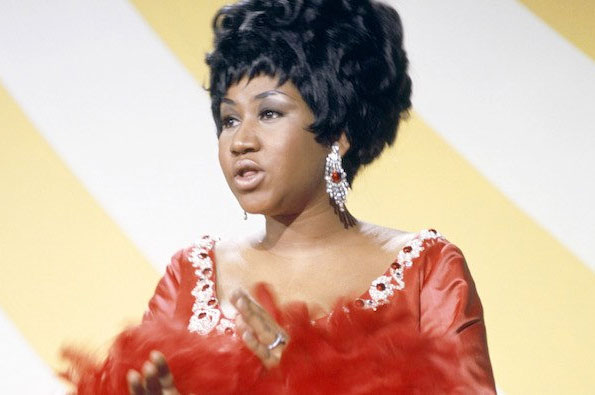Aretha Franklin’s Death Highlights Importance of Creating an Estate Plan
Aretha Franklin, the legendary Queen of Soul known for songs such as “I Will Survive” and “Respect,” left behind a tremendous musical legacy when she passed away in August that will never be forgotten or diminished. Unfortunately, she didn’t leave behind any estate plans, which has resulted in a bit of a mess for her family, as her $80 million estate must now be divided up according to the laws of intestate succession.
Franklin was a resident of Michigan, and thus her estate will be subject to that state’s laws for how to split up an estate when there is no will or trust. This means her four sons (who range in age from 48 to 63) will inherit her estate equally, as she was unmarried at the time of her death. One of her nieces agreed to take on the role of executor of her estate.
This means Franklin had no control over how her assets would be passed down. According to her longtime attorney Don Wilson, Franklin never showed any interest in developing a will or trust. Here’s a quote he provided to the Associated Press in an interview about the subject:
“I tried to convince her that she should do not just a will but a trust while she was still alive. She never told me, ‘No, I don’t want to do one.’ She understood the need. It just didn’t seem to be something she got around to.”
Procrastination common among people in need of estate plans
Unfortunately, there’s only so long you can put off creating an estate plan before it truly becomes necessary. None of us know how long we have on this earth. Even if you are young and healthy, there’s always the chance you could be a victim of a tragic accident.
A survey from AARP reveals about 60 percent of American adults do not have a will in place. Of that percentage, approximately half say they do not have a will because they “haven’t gotten around to it.”
It’s understandable if you feel busy, but this is a task you should prioritize as soon as possible if you own any assets of value at all, and especially if you have children. Your estate plan will allow you to determine which of your heirs will receive which assets or what percentage of your money, and will also allow you to name an executor for your estate and guardians for your minor children in the event of your untimely passing.
A will or trust will also help you avoid placing unnecessary stress on your loved ones after your passing, as you will have clearly listed out all your wishes for your executor to carry out. This will make matters significantly less complex and allow them to obtain their inheritance without much difficulty. Consider the case of Prince, another celebrity who died two years ago without a will, and who has relatives still waiting to get their inheritance because of the legal mess associated with untangling his estate.
To get started with creating an estate plan, contact an experienced attorney at Baker Law Group, P.C.




